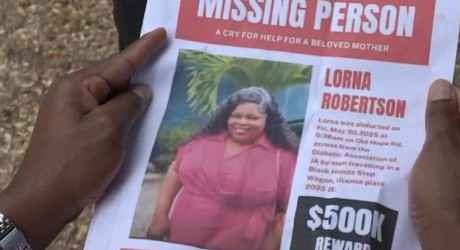The UK based Privy Council and the UK Supreme Court, ruling in two separate cases on Thursday, unanimously concluded that the verdicts in the two cases where the appellants were given murder convictions were incorrect and the appeals should be allowed.
The cases, one in the UK and another in Jamaica, involved persons who were present during the murders but did not actually take part in the act.
Additionally, the judges ruled that the courts 'did take a wrong turning' in the precedence relied on in the cases.
In each case, the direction to the jury derived from Chan Wing-Siu and Reg v Powell and English, which were binding on the trial judges.
The Law Lords found that the correct rule is that foresight is simply evidence - sometimes strong evidence - of intent to assist or encourage an act.
This, they said, is the proper mental element for establishing secondary liability for a crime.
In citing their reasons for the judgement, the Law Lords said a person who did not himself forge the document, fire the gun, or stab the victim is not the principal. But, they said, there is no doubt that the person, said to have encouraged or assisted the principal to do so, is also guilty of a crime.
The cases concern secondary parties who have been engaged with others in a criminal venture to commit a crime; however, in doing so, the principal commits a second crime.
In the Jamaican case, the appellant, Ruddock, was convicted in the Circuit Court in Montego Bay, of the murder of Peter Robinson. However the appellant’s co-defendant, Hudson, pleaded guilty to the murder.
Mr Robinson was a taxi driver who was murdered during the course of Ruddock and Hudson robbing him of his station wagon.
The appellant made a statement that he was involved in committing the robbery and that he was present when Hudson killed the victim, but a denied that he was responsible for the killing.
The judge directed the jury that Ruddock was guilty of murder if he took part in the robbery and knew that there was a possibility that Hudson might intend to kill the victim.
The Privy Council found, however, that the legal issue in the case concerned the mental element of intent, which must be proved when a defendant is accused of being a secondary party to a crime.




.jpg)





 All feeds
All feeds







